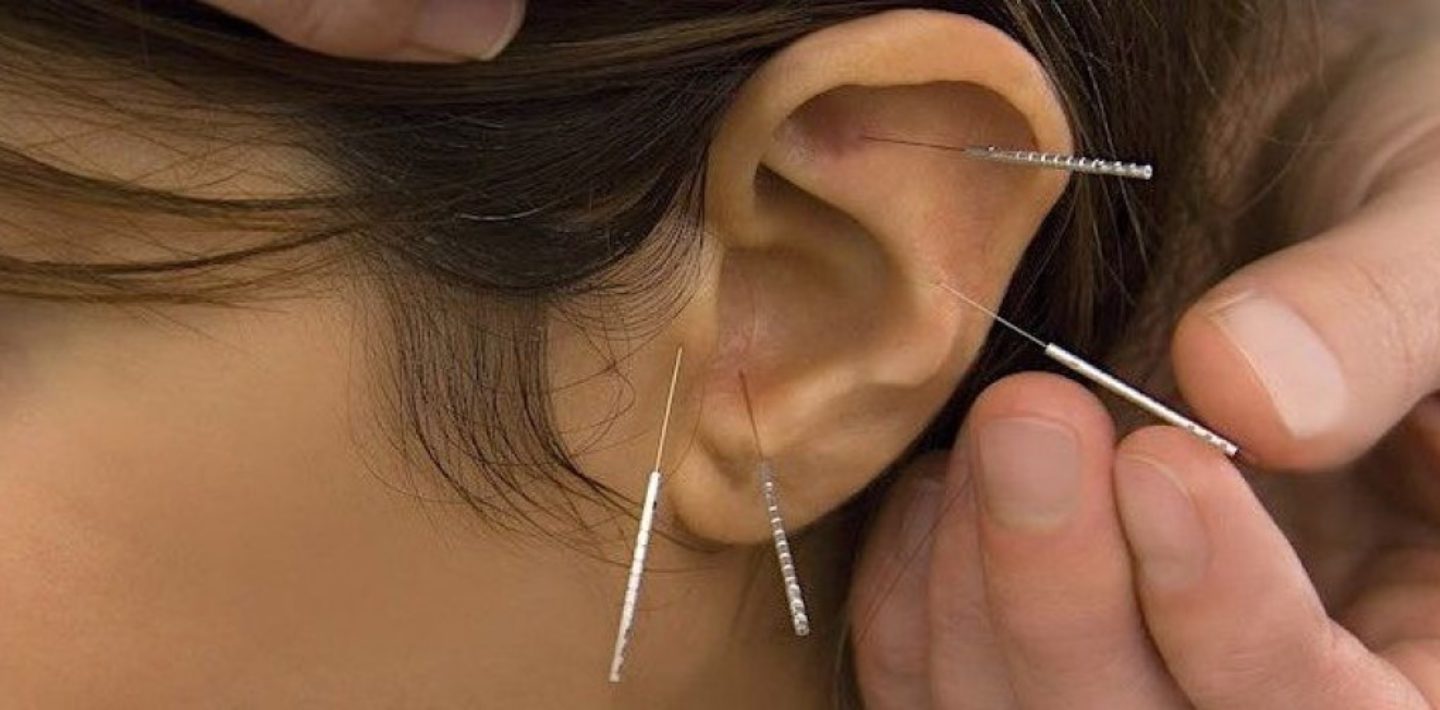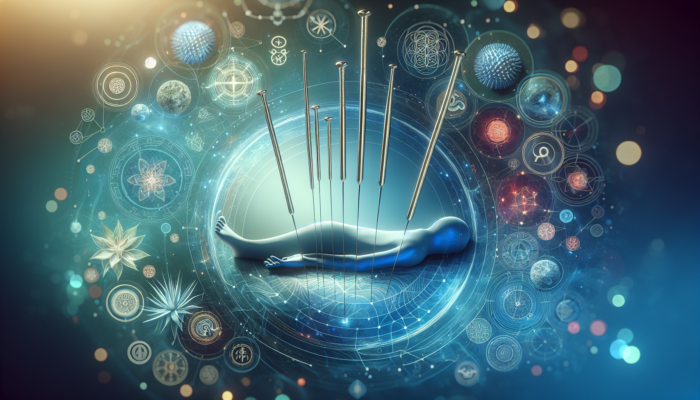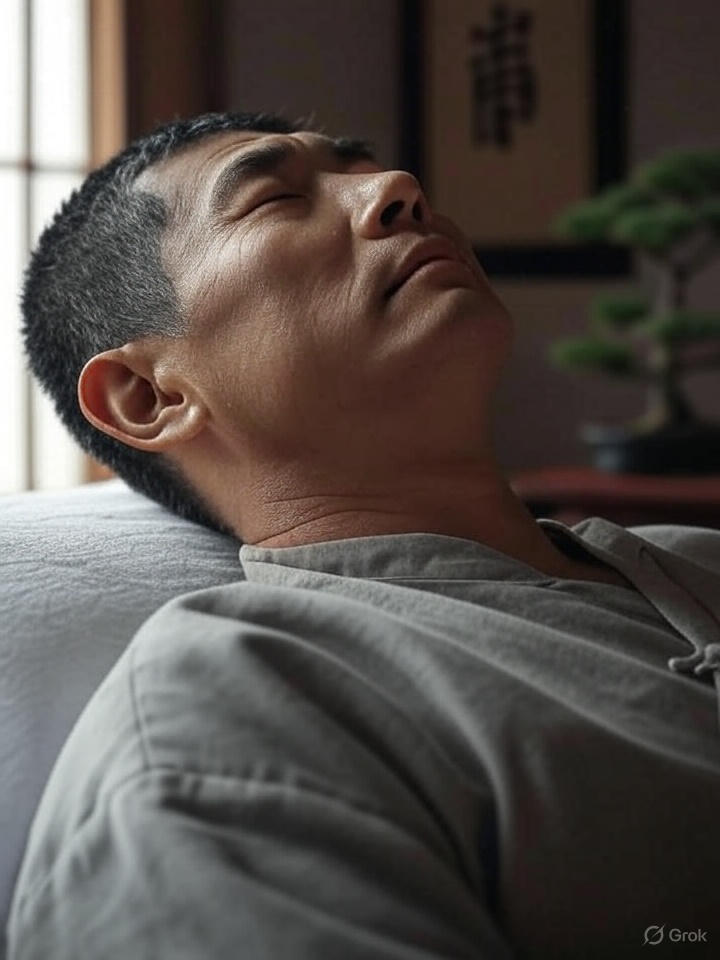Book Treatment Now

What is AcuDetox?
AcuDetox, also known as the NADA protocol, is a form of ear (auricular) acupuncture. It is used to help individuals who are dealing with substance abuse, stress, anxiety, and other mental health conditions. This treatment involves inserting small, sterile needles into specific points on the ear, balancing the body’s energy and promoting relaxation.
AcuDetox is often used as a complementary therapy alongside other forms of addiction treatment. Such as counselling, medication, and support groups. It is based on the principles of traditional Chinese medicine, which views addiction as a disorder arising from imbalances in the body’s energy systems.
 AcuDetox and NADA
AcuDetox and NADA
The NADA protocol was developed in the 1970s by the National Acupuncture Detoxification Association (NADA). As a non-pharmacological approach to help individuals struggling with addiction. Since then, AcuDetox has been used in a variety of settings. Including addiction treatment centres, prisons, and disaster relief efforts, to help individuals manage the physical and emotional symptoms of withdrawal, reduce cravings, and promote overall well-being.
Studies have shown that AcuDetox can be an effective adjunct to conventional addiction treatment. It has been shown to help reduce withdrawal symptoms. Symptoms such as nausea, headache, and anxiety, as well as improve sleep quality and overall mood. It may also help reduce cravings for drugs or alcohol, which can be a significant obstacle in recovery.
AcuDetox is generally considered safe. Although it may not be suitable for individuals with certain medical conditions, such as those with pacemakers or bleeding disorders. It is important to consult with a qualified healthcare provider before trying AcuDetox or any other form of complementary or alternative medicine.
In summary, AcuDetox is a form of acupuncture that is used to help treat the underlying causes of addiction and substance abuse. It involves the use of five small needles that are inserted into specific points in the ear to help balance the body’s energy and reduce withdrawal symptoms. It is often used as a complementary therapy alongside other forms of addiction treatment. And shown to be effective in reducing cravings and improving overall well-being.




It’s fascinating to read about AcuDetox and the NADA protocol, especially how it connects traditional Chinese medicine with contemporary approaches to mental health and addiction treatment. I find it particularly interesting that such an ancient practice can have relevant applications in modern society, highlighting the enduring wisdom of holistic healing.
Ah, the NADA protocol! I’ve always been fascinated by the confluence of the ancient and modern in approaches to wellness, and AcuDetox is a prime example. It’s like hosting a party where Western medicine and Eastern philosophies are the guests of honor, with all the awkward small talk and inevitable debates about who’s bringing the best hors d’oeuvres.
I find the NADA protocol and AcuDetox approach to be incredibly fascinating, especially when we look at how holistic practices can play a role in modern treatment methods for addiction and mental health challenges. The idea of focusing on the body’s energy systems aligns beautifully with a growing body of research that emphasizes the importance of a multi-faceted approach to health.
The NADA protocol and AcuDetox are genuinely compelling approaches, especially considering how they weave together the threads of traditional wisdom and modern science. It’s fascinating to think about how these practices tap into the body’s energy systems. They seem simple yet profound, highlighting that sometimes the answer to complex challenges lies within us.
The insights shared about AcuDetox and the NADA protocol are fascinating, particularly in how they bridge traditional Eastern practices and contemporary approaches to mental health treatment. It’s intriguing to consider how therapies like AcuDetox can complement more conventional methods such as counseling and medication, especially given the increasing recognition of holistic approaches in healthcare.
I find the concept of AcuDetox really fascinating, especially how it blends traditional Chinese medicine with modern treatment approaches. It’s interesting to think about how something as simple as ear acupuncture can potentially help in such significant ways for people battling substance abuse. I’ve read about other complementary therapies, like mindfulness and yoga, being used alongside traditional treatments. It seems like there’s a growing recognition that healing isn’t just about medication; it involves treating the mind and spirit too.